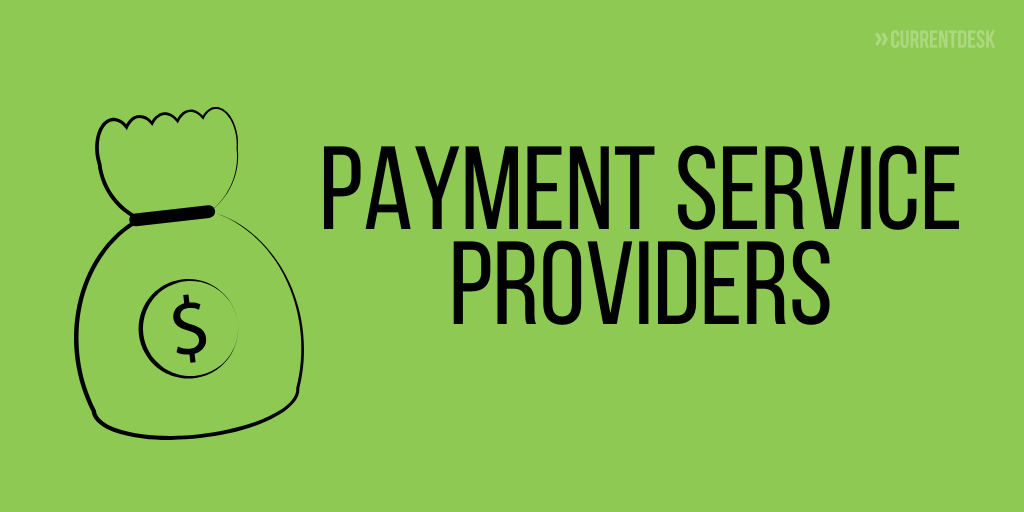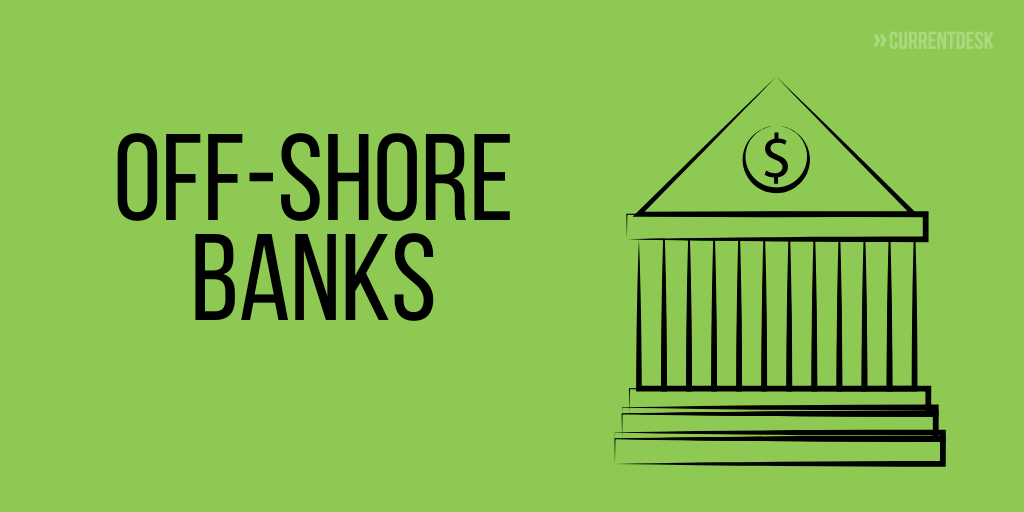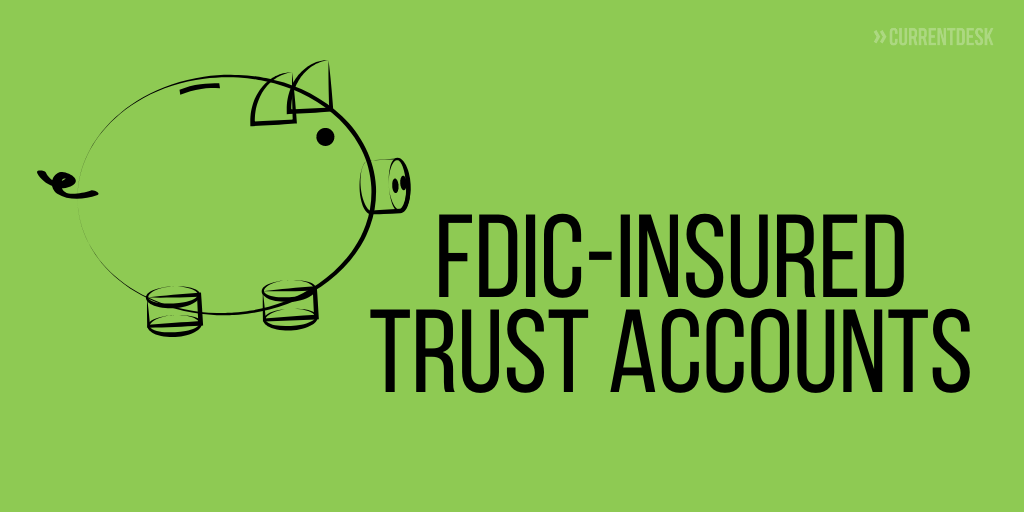Bank Account Options for Forex Brokers
What to do if your brokerage can’t get a bank account
In the last several years, forex brokers have experienced difficulty when trying to open bank accounts and merchant accounts for their businesses at Tier 1 institutions. Banks in countries with a strenuous regulatory environment turn away forex brokers as clients.
While payment service providers (PSPs) and payment gateways offer an alternative to traditional merchant accounts, your firm still needs a bank account to hold money long term and to make payments from.
There are a few options for holding your firm’s funds if you cannot get a corporate bank account for your forex brokerage. This post covers the pros and cons of a few of those options.

Some PSPs allow you to set up a separate account where you can keep the money that has been paid to you using the PSP.
Keeping your funds in an account associated with your PSP is convenient. You won’t need to find another bank for companies in the forex industry, so you can focus on other things. Depending on the fees associated with your PSP, this option might also save you some money by reducing transfer and withdrawal fees.
Unfortunately, money in any PSP account could be frozen if your firm experiences too many chargebacks or the PSP detects clients who are trying to commit fraud. While you should choose a PSP with fraud prevention services, you don’t want all of your money tied up if there’s a problem with the account you use to process transactions.
To avoid this problem, look for a PSP that has a long history of working with forex brokerages. Those with experience in the FX industry will be less likely to accidentally interpret normal business practices as fraudulent behavior.
Another problem with PSPs is that they may not process credit cards at all, but instead limit you to wire services, which means it will be more difficult for clients to fund accounts. Even if your PSP will process credit cards, not all credit card providers will settle funds with PSPs, instead insisting they send funds to a first-party bank accounts. Overall, mixing credit card transactions and PSP services can get complicated and inconvenient.
The largest drawback of keeping money in a PSP account is the risk. Some forex brokers have experienced theft of their funds due to a lack of security. If you use an unreliable PSP, your money is at risk in two ways while sitting in the PSP account. It could be stolen by hackers if the PSP doesn’t have good cyber-security procedures. It could be taken by the PSP itself if the business is financially unstable.
If you’re going to hold money in a PSP, you must make sure it has well-established security protocols and a good reputation. Look for a provider that has been in business for several years and offers some sort of protection for your funds.

There are many countries with less strenuous banking regulations than those in the European Union or the United States. Banks in those less-regulated regions may be more willing to open an account for you. However, you might need some sort of residency in the country or have a business license there.
Off-shore banks for companies in the FX industry are good because they may issue your firm its own corporate bank account. This might be necessary if your firm wants to be licensed. Additionally, you may be required to set up a bank account in an off-shore country if your firm is seeking a forex license from that country’s regulatory authority.
A bank account may also allow you to earn some interest on your deposits. However, the interest amount would likely be relatively small, so this shouldn’t be too much of an incentive.
The drawback of using banking services in a less-regulated country is that you won’t have the regulations to protect your money. Depending on the institution’s financial stability, your money may be at risk if the bank goes out of business. Unfortunately, the banks that are most likely to work with forex brokers are also the ones who may be the least sound.
If you choose to put your money in a bank located in a less-regulated country, do some research to see if they have a rating from Standard & Poor’s, Moody’s, or Fitch (the three major global credit rating services).

A third option is to work with a service that offers trust accounts with a bank in the United States. A trust account is an account in another individual’s or business’ name, but where you are the third-party owner for the account.
This option keeps your money much more secure than using a PSP or an off-shore bank account because trust accounts in U.S. banks are FDIC insured. Your money is safe in these accounts.
Shift Markets recently started offering trust accounts to its clients. The accounts are held at an FDIC-insured U.S. bank. Clients have a dedicated international bank account number (IBAN), so it’s easy to use the account.
The company plans to launch a web portal for these accounts soon. The portal will work like an online bank account does. Clients will be able to log in to view balances, transactions, and other account details.
The trust account service has fees that are similar to those charged by PSPs for forex brokers. There is also a setup fee associated with the account. Shift doesn’t charge fees for deposits, so you can transfer money into the account from your PSP as often as you want.
Both unlicensed and licensed brokers can get trust accounts from Shift Markets. These FX firm bank accounts are available for 16 different currencies, so more firms will be able to benefit from the service. The accounts can be set up in about a week, depending on how quickly you provide the necessary KYC documents.
Shift Markets also offers MT4 and MT5 white label solutions, liquidity, hosting, incorporation, and other services and tools to help forex brokers establish their business.
Your firm needs a place to keep your capital. Although a PSP account or an off-shore bank account may meet your needs, a trust account is a much more secure option.


Comments are closed.